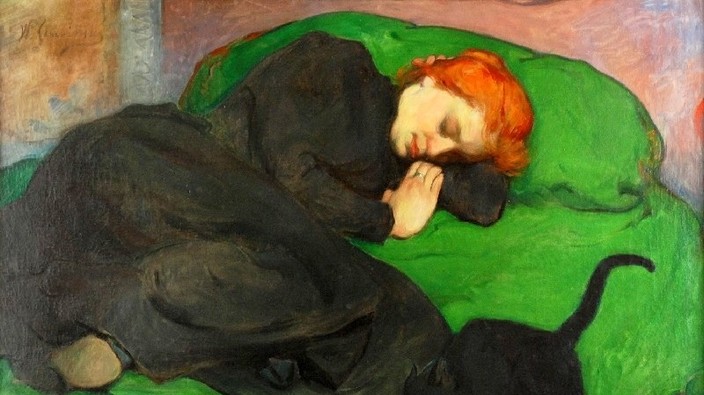a witch on your chest: facts and folklore of sleep paralysis
the terrifying feeling is surprisingly common. different cultures have described it as a visit from a ghost, hag or cat-like creature.
published oct 27, 2020
last updated mar 01, 2023

3 minute read

3 minute read

